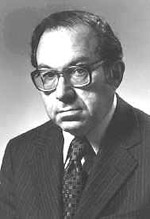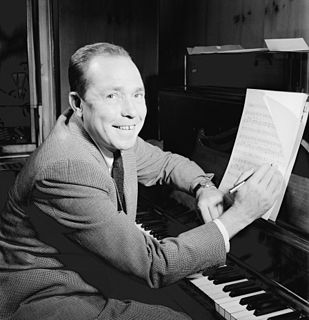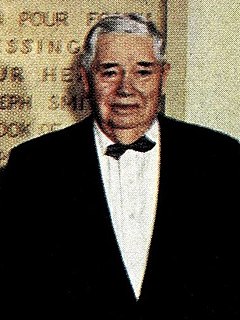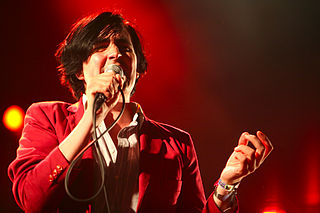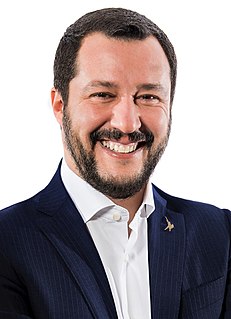A Quote by Mahatma Gandhi
First they ignore you, then they denounce you, and then they say that they knew what you were saying all the time.
Related Quotes
As the Nazi regime developed over the years, the whole structure of decision-making was changed. At first there were laws. Then there were decrees implementing laws. Then a law was made saying, ‘There shall be no laws.’ Then there were orders and directives that were written down, but still published in ministerial gazettes. Then there was government by announcement; orders appeared in newspapers. Then there were the quiet orders, the orders that were not published, that were within the bureaucracy, that were oral. And finally, there were no orders at all. Everybody knew what he had to do.
Well do I remember the first night we met, how you questioned my opinion that first impressions are perfect. You were right to do so, of course, but even then I suspected what I've come to believe most passionately these past weeks: from that first moment, I knew you were a dangerous woman, and I was in great peril of falling in love." She thought she should say something witty here. She said, "Really?
Eighteen months ago, when first I stood before you I called attention, as earnestly and seriously as I knew how, to what looked to me to be the dangers that were ahead, and I urged you at that time to practice the old virtues of thrift, of honesty, of truthfulness, of industry, and so on through the list of those I named. All that I said then I say again.
I'm seeing myself as an outsider a little bit - definitely when I started the band. I knew what band's name meant and nobody else really did, so I'd be on stage every night and say, "Hello, we're Art Brut" - basically saying that we were rejects. But I mean, I didn't really sing, it did feel a bit like we were outsiders. It was a bit tongue-in-cheek when I first named the band that, but then we slowly turned into that - like a self-fulfilling prophecy.
I was always the best athlete, people don't know that. But I was successful at everything I ever did and then I run for president, first time - first time, not three times, not six times. I ran for President first time and lo and behold, I win. And then people say oh, is he a smart person? I'm smarter than all of them put together, but they can't admit it. They had a bad year.


